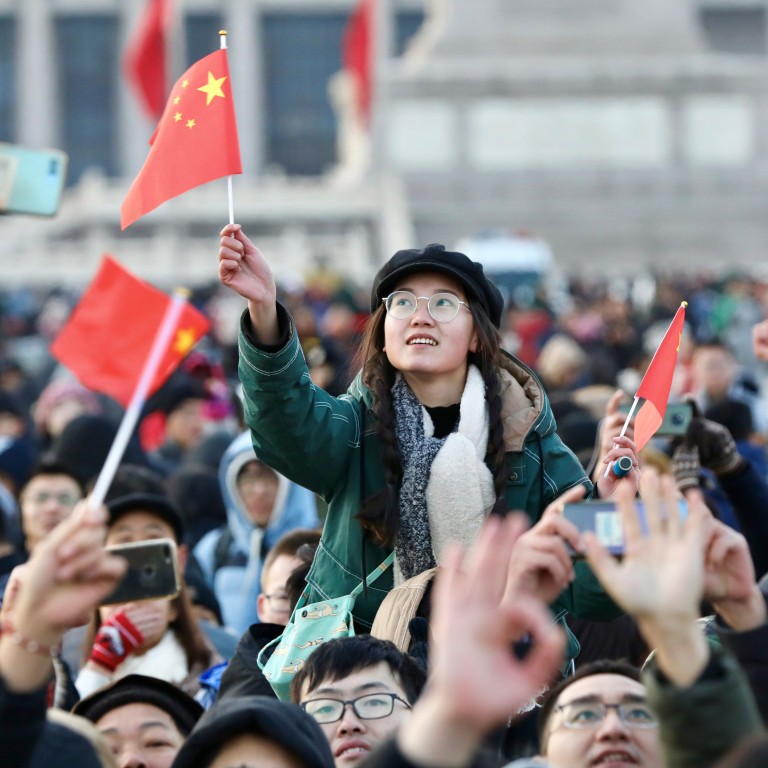
Beijing faces a perfect storm as the world turns against its narrative amid rising nationalism, leaving it no room for compromise
- In the face of growing global criticism, Beijing may be painting itself into a corner with its narratives, which are fuelling an increasingly angry nativism in China, forcing it to take the dangerous path of doubling down on confrontations
The most obvious problem China faces is its confrontation with the US. Already bad before this crisis, relations have only worsened. But President Donald Trump is not the problem; without him at the helm, the situation might be even worse for China. Without his confusing and contradictory noise, the US might be able to mount a coherent and consistent strategy with allies against China.
And the business community has realised the limits of the economic opportunities in China. Even fewer will want to champion Beijing, as the narrative of China as an adversary takes off in the public imagination.
These are internal dynamics at play. Serbia has long had a resentful relationship with Brussels – China offers an opportunity to poke it in the eye. But should Brussels suddenly change its passive approach and start imposing a cost on Serbia, the country’s Sinophilia would quickly melt away.
There are frictions and resentments, but these are disputes within a long-standing marriage, rather than early signals of a divorce. The transatlantic alliance is a fundamental part of European strategic thinking and will remain so for the foreseeable future.
From Singapore to Sweden, China’s influence campaign is backfiring
But once you ascend to this position, global expectations are raised. And when they are not met, people feel more able to say something and be angry. As a major power, you are supposed to be able to take such criticism. The global order is changing, but this comes with responsibilities and resentment.
From their perspective, these ungrateful countries want to rip China apart. Any ceding of China’s position on core issues would be an admission of defeat, and would raise questions about the legitimacy of the party’s rule.
This means Beijing cannot back down, and must weather the coming economic storm while doubling down on any confrontation. This is the quandary Beijing has got itself into. It can rail against the US and complain about double standards, but its narrative is only hardening opposition.
The world is becoming more restive. Everyone needs to think about what the future could look like if we continue along this dangerous path.
Raffaello Pantucci is senior associate fellow at the Royal United Services Institute (RUSI) in London
Help us understand what you are interested in so that we can improve SCMP and provide a better experience for you. We would like to invite you to take this five-minute survey on how you engage with SCMP and the news.

